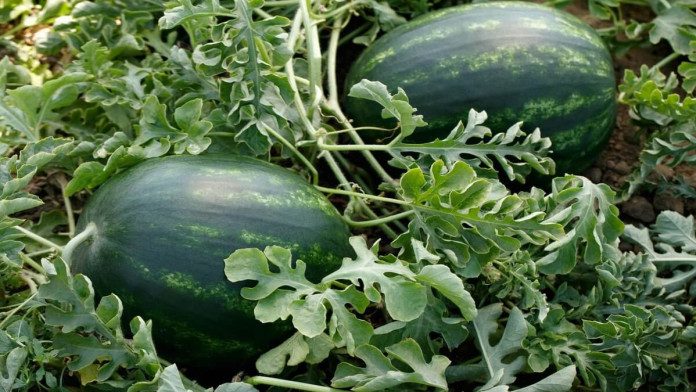News in Brief:
– A dispute with Spain over pesticide residues in Moroccan watermelon exports has led to stricter export controls by Moroccan authorities.
– Despite production limitations due to water scarcity, the industry is optimistic about meeting customer demand through new production areas and a focus on quality.
The Moroccan watermelon export season has encountered a hurdle early on due to a dispute with Spain. Spanish authorities alleged that Moroccan watermelon exceeded pesticide residue limits, according to a news report, prompting the Moroccan National Office for Sanitary Safety of Food Products (ONSSA) to implement stricter export controls.
These new measures require exporters to conduct additional pesticide residue tests for each harvested batch, leading to delays in issuing phytosanitary certificates and increased costs. While producers deny the allegations, they acknowledge the importance of maintaining product quality.
CEO of Valyour, a Moroccan produce company, Said Aghzou, expressed support for the new regulations. “Although initially misunderstood,” he stated, “the ONSSA team worked with us to understand and accept this new requirement, which aims to protect Moroccan origin and guarantee product quality.”
Watermelon production affected by water scarcity and regulations
The Moroccan watermelon industry is already facing a decline in production due to the country’s water scarcity. Authorities have imposed restrictions, limiting production to 1.5 to 2 hectares per authorised well in certain regions. In some areas, like Tata, watermelon production has been entirely banned for the season.
Despite these restrictions, Aghzou remains optimistic about the availability of Moroccan watermelons. He highlights the early planting season in the Taroudant region, coupled with the emergence of new watermelon-producing areas, as factors that will help meet customer demand.
Valyour, a major player in the Moroccan watermelon industry, has adopted a new strategy to address these challenges. They are expanding production beyond the traditionally dominant Zagora region, venturing into areas like Touizguie within the Grand Moroccan Sahara. This diversification aims to ensure a consistent supply and cater to specific market preferences.
Overall, the Moroccan watermelon industry is adapting to overcome obstacles and maintain its position as a key exporter. Stricter quality controls and exploration of new production areas will likely define the 2024 season.



